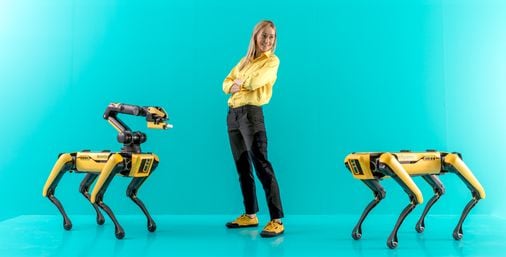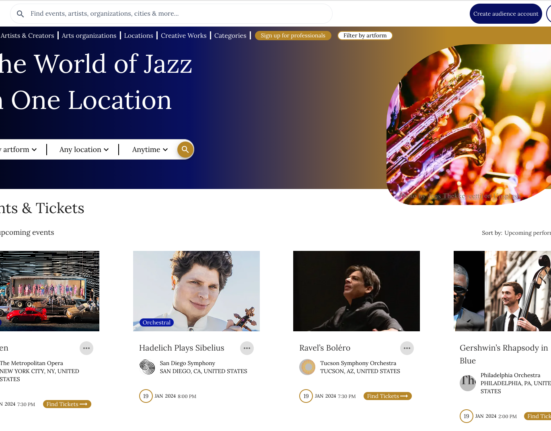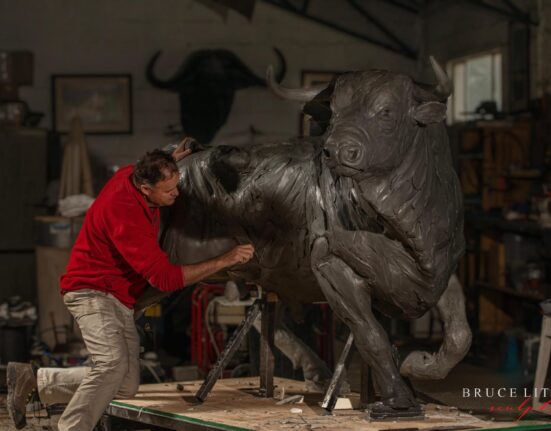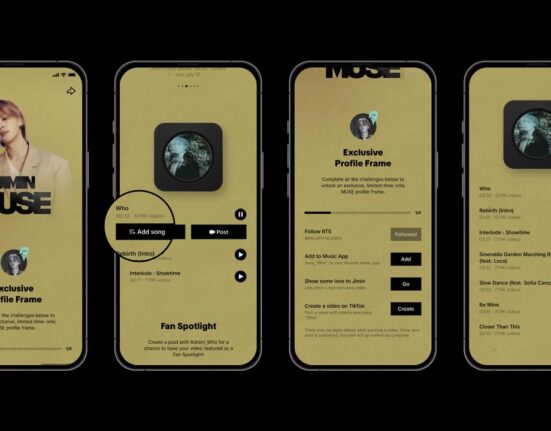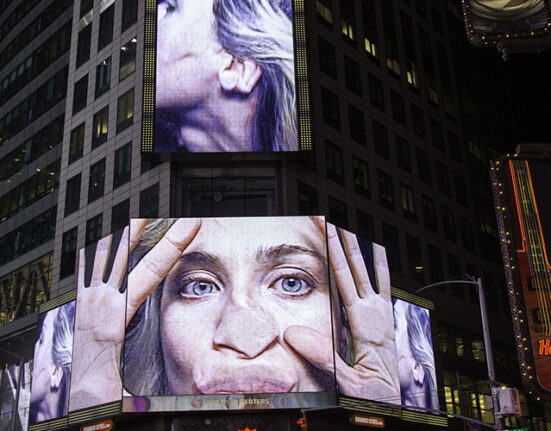On May 10, as part of the MFA Late Nites series, artists Basia and Omuzana will participate in a live painting demonstration. As young, fairly inexperienced artists, their work embraces simplicity, with repetitive patterns and doodle-like drawings dotting the 156-by-60-inch canvas.
They’re also robot dogs from Boston Dynamics.
That’s the “Heterobota” experience, the exhibition created by artist Agnieszka Pilat in collaboration with the Waltham robotics company. For one night only, from 8 to midnight, museum-goers passing through the Druker Family Pavilion can observe two Spot robots from Boston Dynamics as they paint, rest, and generally exist in their space, much like human artists in their studios.
The final painting will not be displayed at the museum afterward, but Pilat said the importance is the spectacle and what it represents. She said the exhibit illustrates artificial intelligence in its infancy before the technology becomes much more advanced and widespread.
“The essence of the show is to show people that this is young technology; this represents a moment,” said Pilat, adding that the dogs and their artwork are childlike in nature. “It’s kind of imperfect,” she said, “a bit like kids finger-painting.”
Pilat has taken this exhibition around the world, including a recent showing at the National Gallery of Victoria in Melbourne, Australia, that ended in April. While artificial intelligence in art raises red flags among many working artists and the general public, she embraces it.
“I think [Pilat] sees a picture of the future of technology,” said Kristen Hoskins, director of public programs at the MFA. “She has this loving, caring relationship with the robots — which is kind of a funny thing to say — but she’s fully embraced the technological aspect; she can push her art into the future.”
Pilat grew up in the industrial city of Lodz, Poland,surrounded by two types of technology: dilapidated machinery and simple appliances, such as cars and radios. The latter, she said, brought glimmers of hope about the future. She came to the United States to study illustration at the Academy of Art University in San Francisco before pivoting to portrait painting. Eventually, she decided to fuse her two passions together.
“Being in Silicon Valley, it occurred to me that portraiture really should be representing machines and industry in the United States, because portraiture is about aristocracy and power and celebrity,” she said.
When it comes to celebrity robots, few have a higher profile than Spot, who is often featured in the company’s many viral videos showcasing its technology performing a range of tasks, from dancing to picking up trash. In October 2020, Pilat visited the company’s headquarters after asking to observe the robots for inspiration. Her request landed Pilat a role as Boston Dynamics’s guest artist in residence, painting portraits of the tech and monitoring Spot’s aptitude for art. “The robot is definitely my protégé,” she told the Globe in a 2022 interview about the project, adding, “I feel a debt of gratitude to the machine.”
Boston Dynamics engineers suggested Pilat teach Spot to paint. While Pilat took to their suggestion, she said the partnership doesn’t extend far beyond that.

“I don’t work for Boston Dynamics. I work for Spot,” Pilat said. “Technology is my patron. I don’t have a relationship with Boston Dynamics that’s financial. I don’t get paid. I work with this technology because I believe it’s very important.”
Pilat is a proponent of autonomous technology and AI-generated art — which she said levels the playing field for those without the resources or time for classical art training. However, she expressed caution regarding its use.
“This is new technology. We have to be very responsible with the way it’s being deployed,” she said. “[The Spot robots] are in the studio. They are learning from what I’m telling them. I’m helicopter as opposed to free-range parenting.”
While “Heterobota” embraces the idea that AI is the future — both within art and in daily life — Pilat also uses the exhibit to promote the idea of human agency amid a potential revolution. Ultimately, she said, humans are the ones who can nurture this technology and are firmly in control of their destiny.
“This is a great opportunity for us to embrace these technologies as young children and give them values that are important to us,” she said. “We are not helpless.”
MFA Late Nites. Starting at 8 p.m. Advance tickets, $15 for members, $20 for non-members; door tickets, $25. mfa.org.
Henry Bova can be reached at henry.bova@globe.com.

